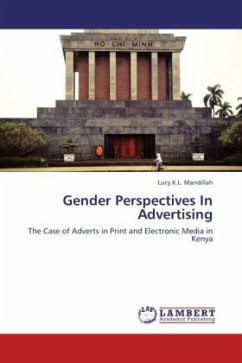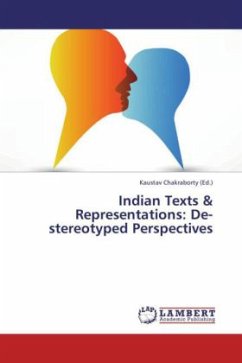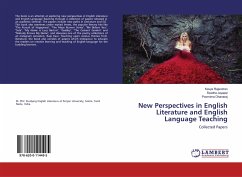In this collection of essays, which consist of 21 chapters, emphasis is placed on the perspectives and limits of dialogism in Mikhail Bakhtin's work, as well as on its applications in psychology, art, education and culture. In other words, the chapters of this book investigate contemporary issues and recent research approaches related to: (1) the nature of dialogism and its various dimensions or meanings that emerge from Mikhail Bakhtin's work, (2) the breadth, flexibility and universality of Bakhtin's thought on dialogism, through the outline of other key-words in his work (carnival, the concept of border, "superior" and "inferior" civilization, folk laughter, meaning, small and great time etc), (3) the reception of Bakhtin's ideas both in his birthplace, Russia, and the West, (4) a comparative analysis between Bakhtin's theoretical and methodological assumptions and several postmodern appropriations of his work, (5) a comparative analysis between the idea of Bakhtin's dialogismand the philosophy of dialogue, (6) ethical or moral, ontological, epistemological, methodological, literary, psychological, educational, socio-historical, cultural and ecological dimensions of dialogism.
Bitte wählen Sie Ihr Anliegen aus.
Rechnungen
Retourenschein anfordern
Bestellstatus
Storno








